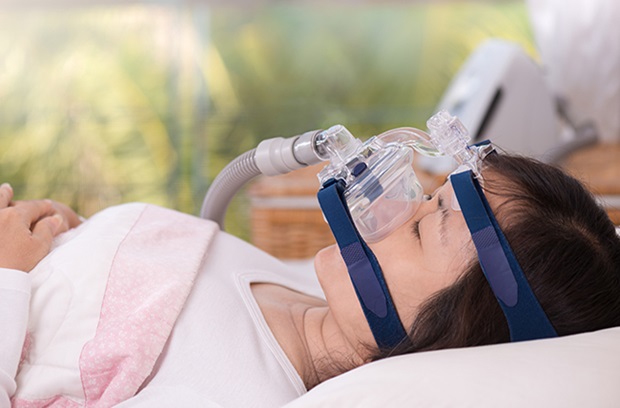Sleep apnea is the most prevalent sleep disorder affecting over 30 million Americans. Sleep apnea is a serious disorder that results from the collapse of the pharyngeal musculature. The airway collapse causes oxyhemoglobin desaturation in the body, necessitating the need for additional airflow. It is crucial you seek treatment as soon as you detect signs of sleep apnea, such as snoring and intermittent gasping while sleeping. If you are looking to treat sleep apnea in Huntington Beach, then Arian Dayan, DDS, has the solution for you. Arian and the team at Orange Coast Dental specialty shed some light on innovative procedures they employ to treat sleep apnea.
Table of Contents
Types of Sleep Apnea
There are three types of sleep apnea, with each type originating from different systems of the body.
Obstructive Sleep Apnea
This is the most common type of sleep apnea. Obstructive sleep apnea displays itself in most cases as snoring. The collapse of the upper airway or narrowing of the airway vessels constricts normal airflow. Patients who have obstructive sleep apnea develop complications such as stroke, diabetes, and hypertension. DR. Dayan’s specialty is treating obstructive sleep apnea.
Central Sleep Apnea
Central sleep apnea is a neurocognitive and respiratory defect. Central sleep apnea occurs when the pontomedullary pacemaker cannot generate a breathing rhythm. The disruption of the pacemaker results from the brain failing to relay impulses to the muscles that control breathing. Central sleep apnea is not common among many patients. However, its severity demands prompt medical care. Central sleep apnea is usually a forerunner of more grievous complications such as congestive heart failure. You must get checked at a specialized facility instead of self-diagnosing yourself at home.
Complex Sleep Apnea Syndrome
Complex sleep apnea syndrome is a combination of both apneas. The primary characteristics of CSAS are intermittent central apneas and extinguished positive airway pressure by obstructive apneas.
All the types of sleep apnea cause sleep disruption which portrays fatigue during the day and drowsiness. Early diagnosis and treatment are key in suppressing sleep apnea.
Treatment
After the doctor establishes the type of sleep disorder you have, they will make an informed decision about the various remedies that will be effective. Some treatments and devices sleep disorders specialists employ are:
- Weight management– For subtle causes of sleep apnea, doctors recommend weight loss. Weight loss reduces apneic events by a small margin. However, due to increased metabolism, weight loss is not a remedy to obstructive sleep apnea.
- Mandibular enhancement devices– Oral structures can sometimes block the airways, hence causing sleep apnea. Enhancement devices help keep the airway open.
- Hypoglossal nerve stimulator– This is a stimulation device that initiates electrical impulses in the intercostal muscles to open the airway at night.
- Surgery– Surgical methods such as tonsillectomy, somnoplasty, and turbinectomy are structural modification techniques that open up the airway. The invasive procedures remove the tissues blocking airflow and correct malformed respiratory features.
- Mechanical therapy– Doctors use a variety of mechanical devices to support and restore normal airflow. Bi-level positive airway pressure devices and continuous positive airway pressure are some of the groundbreaking technologies in place.
Conclusion
Sleep apnea irritates and in extreme cases, severe medical conditions. At Orange Coast Dental Specialty, we dedicate years of experience and research to treat sleep apnea. Schedule a visit to regain restorative sleep today.






